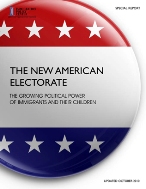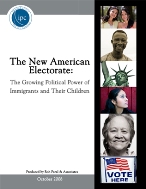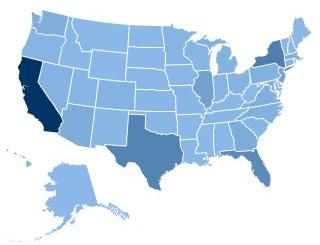Since the terrorist attacks of September 11, 2001, changes in federal, state, and local law-enforcement priorities and practices have had a profound impact on America’s Muslims, Arabs, and South Asians. Some of these policy shifts applied exclusively or primarily to those communities, such as the federal “special registration” program, selective enforcement of immigration laws based on national origin or religion, and expanded federal counter-terrorism efforts that targeted these communities. At the same time, a wide range of ethnic groups have been affected by the use of state and local police agencies to enforce federal immigration law, and the aggressive use of detention and deportation authority for even minor infractions and technicalities.
Across the United States, police departments and Muslim, Arab, and South Asian communities have responded with varied approaches to the new post-September 11 reality. In some cities, serious tensions between law-enforcement agencies and immigrant communities have arisen. Other cities have taken steps to alleviate these tensions and promote dialogue and cooperation with immigrant communities. This report evaluates the challenges and successes of recent trust-building efforts between immigrant communities and local police departments, and the responses of each to new and proposed policies that threaten those efforts. Using the experiences of Muslim, Arab, and South Asian communities, the report offers insights that apply to much broader populations. It draws attention to best practices and policy solutions such as the creation of more effective channels for public dialogue and communication, public education campaigns, officer training and recruiting programs, and forms of cooperation between police and community organizations.
Published On: Tue, Jun 24, 2008 | Download File





